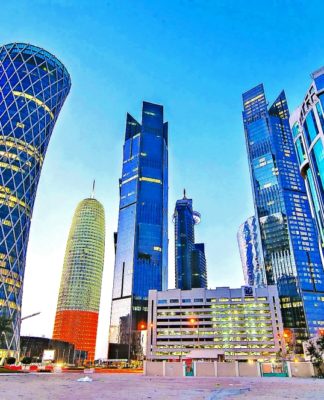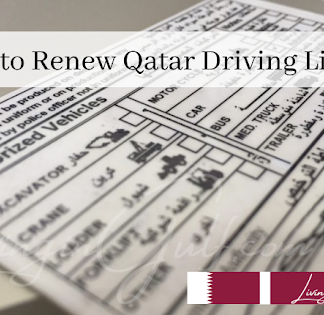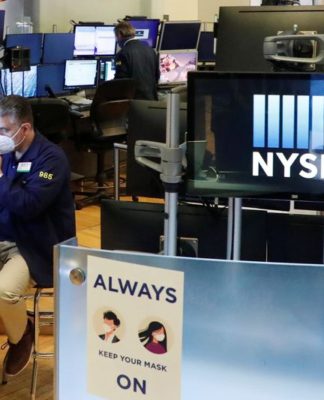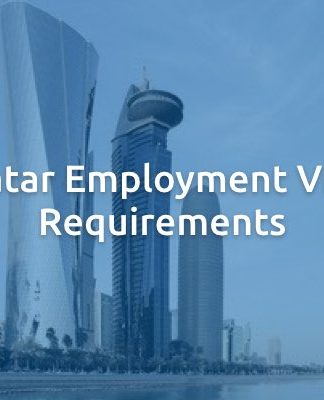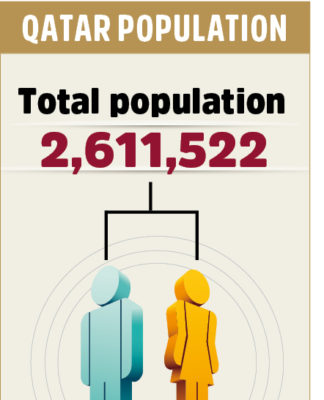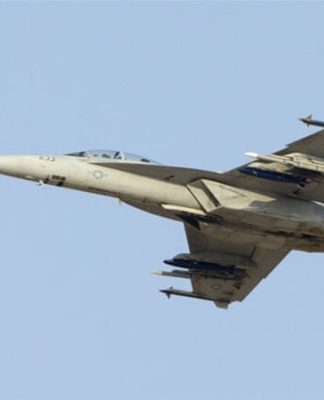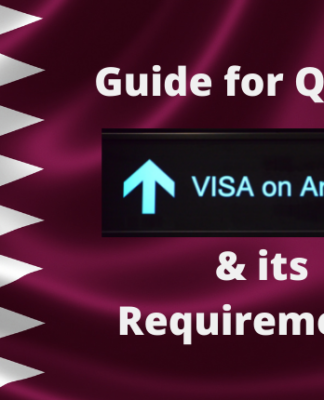Explainer
What is genocide and why has South Africa taken Israel to court for it?
South Africa filed a case, arguing Israel is breaching the UN convention on genocide by “killing Palestinians in Gaza, causing them serious bodily and mental harm, and inflicting on them conditions of life calculated to bring about their physical destruction”.
Friday 26 January 2024 14:02, UK
FILE – Smoke rises following an Israeli bombardment in the Gaza Strip, as seen from southern Israel, Saturday, Dec. 16, 2023. Pic: AP
Image:
Smoke rises following an Israeli bombardment in the Gaza Strip, on December 16. Pic: AP
Why you can trust Sky News
The International Court of Justice (ICJ) has delivered an interim ruling in the case that claims Israel is committing genocide in Gaza.
South Africa filed the case, arguing Israel is breaching the UN convention on genocide by “killing Palestinians in Gaza, causing them serious bodily and mental harm, and inflicting on them conditions of life calculated to bring about their physical destruction”.
Israel has described the lawsuit as a “despicable and contemptuous exploitation” of the court.
On 26 January, the ICJ stopped short of ordering a ceasefire in Gaza – but demanded Israel try to contain death and damage in the region.
Follow our live blog for latest on the conflict
The ruling did not centre on the accusation of genocide, Instead, the court ordered some emergency measures – suggested by South Africa – should be implemented.
The ICJ also dismissed Israel’s call to throw out the case accusing it of genocide in Gaza. It said it had jurisdiction to oversee the case and will not throw it out.
Judges at the International Court of Justice (ICJ) rule on the emergency measures against Israel. Pic: Reuters
Image:
Judges at the International Court of Justice (ICJ) rule on the emergency measures against Israel. Pic: Reuters
What was the reaction to the ruling?
South Africa described it as a “decisive victory” and said it hoped Israel “will not act to frustrate the application of this order”.
The Palestinian National Authority also welcomed the emergency measures, with foreign minister Riyad al Maliki saying: “The ICJ judges assessed the facts and the law, they ruled in favour of humanity and international law.”
He called on all states to ensure the measures ordered by the court are implemented “including by Israel, the occupying power”.
South Africa’s foreign minister Naledi Pandor said Israel would have to halt its military offensive in order to adhere to the ICJ’s orders.
“How do you provide aid and water without a ceasefire? If you read the order, by implication a ceasefire must happen,” she said.
“South Africa had the view that we could not stand idly by and continue to observe the killing of thousands of Palestinian citizens who had no role in the awful act of hostage-taking and killing that was done by Hamas,” she said.
She called on Hamas to release the remaining hostages taken during its 7 October attack on Israel, adding: “The moment is now ripe for there to be negotiations for a two-state solution to end this conflict decisively.”
Israeli Prime Minister Benjamin Netanyahu said Israel will continue to do “what is necessary” to defend itself.
He said: “Israel’s commitment to international law is unwavering. Equally unwavering is our sacred commitment to continue to defend our country and defend our people.
“Our war is against Hamas terrorists, not against Palestinian civilians. We will continue to facilitate humanitarian assistance, and to do our utmost to keep civilians out of harm’s way, even as Hamas uses civilians as human shields.”
Israel-Hamas war: What is genocide?6:45
Play Video – What is genocide?
Sky News explains: What is genocide?
What does genocide mean?
The term genocide was adopted by the UN soon after it was established in 1945, with a specific convention adopted on it in 1948.
According to the charter, genocide “means any of the following acts committed with intent to destroy, in whole or in part, a national, ethnical, racial or religious group”.
Examples include:
• Killing members of a group;
• Causing serious bodily or mental harm to members of the group;
• Deliberately inflicting on the group conditions of life calculated to bring about its physical destruction in whole or in part;
• Imposing measures intended to prevent births within the group;
• Forcibly transferring children of the group to another group.
It was set up in wake of the Holocaust, in which the Nazis killed approximately six million Jewish people between 1941 and 1945, as part of the international community’s commitment to “never again”.
Since its inception there have only been three proven cases of genocide under the UN definition: the Khmer Rouge killing of Cambodian minority groups in the 1970s; the Srebrenica Massacre of Muslims in Bosnia in 1995; and the killing of Tutsis in Rwanda in 1994.
What is South Africa claiming – and why?
An 84-page court document set out South Africa’s case, which states that Israel’s “acts… in the wake of the attacks on 7 October 2023… are genocidal in character”.
It claims this is because they are “intended to bring about the destruction of a substantial part of the Palestinian national, racial and ethnical group, that being the part of the Palestinian group in the Gaza Strip”.
South Africa says Israel is “failing to prevent genocide and is committing genocide” in its war with Hamas.
In the court documents, lodged on 29 December, it also acknowledged “direct targeting of Israeli civilians and other nationals and hostage-taking by Hamas” on and after 7 October, which may breach international law.
As both South Africa and Israel are signatories to the 1948 convention, it argues the court has jurisdiction to stop Israel’s military offensive killing Palestinians in Gaza.
It also compares Israeli occupation of Palestinian territories to its own Apartheid period.
Nelson Mandela and former PLO leader Yasser Arafat in 1990
Image:
Nelson Mandela and former PLO leader Yasser Arafat in 1990. Pic: Reuters
South Africa has a longstanding affinity with the Palestinian people.
After Nelson Mandela was freed from prison and became South African president, he said: “We know too well that our freedom is incomplete without the freedom of the Palestinians”, and later wore a traditional keffiyeh to a pan-African event in Algeria in 1990.
Current South African President Cyril Ramaphosa has condemned Israel’s offensive in Gaza from the start.
WHY DO SOME IN SOUTH AFRICA STAND WITH PALESTINE?
Yousra Elbagir
Yousra Elbagir
Africa correspondent
@YousraElbagir
Most South Africans recognise Israel’s complicity in their own oppression, according to Professor Salim Vally, the director for the centre for education rights and transformation at the University of Johannesburg.
“For example, Israel was an important arms supplier to apartheid South Africa, despite the international arms embargo,” he says.
“As late as 1980, 35% of Israel’s arms exports were destined for our country.
“When the global anti-apartheid movement forced countries to impose sanctions on the apartheid regime, Israel imported South African goods and re-exported them to the world as a form of inter-racist solidarity,” he adds.
“Israel was loyal to the apartheid state and clung to this friendship when almost all other relationships dissolved.”
How has Israel responded?
Historically, Israel has refused to engage with international tribunals, but sent a legal team to defend itself at The Hague this time.
It described South Africa as “hypocritical” and the lawsuit as a “blood libel” – a term used for antisemitic false allegations against Jewish people that originates from the Middle Ages.
Palestinians gather at the site of an Israeli strike on a house, amid the ongoing conflict between Israel and Hamas, in Rafah in the southern Gaza Strip, December 29, 2023. REUTERS/Shadi Tabatibi
Image:
The aftermath of an Israeli airstrike on Rafah, Gaza. Pic: Reuters
What have Israel and Hamas said about the war?
Hamas fighters and other militant Palestinian groups killed 1,200 Israelis on 7 October, the Israel Defence Forces (IDF) say. Some 240 were abducted and taken into Gaza, with 132 still missing.
The Israeli military says more than 200 of its soldiers have died fighting in Gaza so far.
According to the Hamas-run Palestinian health ministry, 26,000 Palestinians have been killed in Israeli attacks since the conflict started.
Nearly all of the 2.3 million population of Gaza have been displaced by heavy bombing.
In its founding charter in 1988, Hamas declared there is “no solution for the Palestine question except through Jihad”, adding: “The day of judgement will not come about until Muslims fight Jews and kill them”.
But in 2017 it changed the charter to reflect that “its conflict is with the Zionist project, not with the Jews because of their religion”.
Individual Hamas leaders however, such as Mahmoud Zahar, have claimed the killing of Israeli children has been “legitimised” by the killing of Palestinian infants by Israel.
At the beginning of the conflict, an Israeli military official declared: “We are imposing a complete siege on Gaza. There will be no electricity, no food, no water, no fuel. Everything will be closed. We are fighting human animals and we act accordingly.”
Prime Minister Benjamin Netanyahu has said “Hamas must be destroyed” – but has not referenced Palestinians or the people of Gaza.
Mark Regev – senior adviser to Benjamin Netanyahu1:32
Play Video – Gaza ‘success’ could be ‘beginning of end’
Israel: Progress in the war in Gaza could mean the end is in sight
What power does the ICJ have?
The ICJ has the power to issue “provisional measures” – legally-binding court orders – that would last for the duration of the case.
South Africa wanted it to use them to “immediately suspend military operations in and against Gaza” – but the ICJ stopped short of that.
Although they are legally binding, they are not always adhered to.
For example, a joint case against Russia’s invasion of Ukraine in 2022 resulted in provisional measures for Moscow to withdraw troops, but these were ignored by the Kremlin.
Like others before it, the case is likely to last for years, as proving “intent” to commit genocidal acts is a difficult and lengthy process.
Alexander Horne, a barrister and visiting law professor at Durham University, who is also a dual British-Israeli national, said Israel will be “determined to demonstrate its armed forces have acted both morally and proportionately following the horrendous events of 7 October”.
A decision to impose provisional measures will be “hugely problematic” for the Israeli offensive, which it has vowed will continue until all hostages are returned, he said.
Related Topics
Israel-Hamas War
South Africa


















